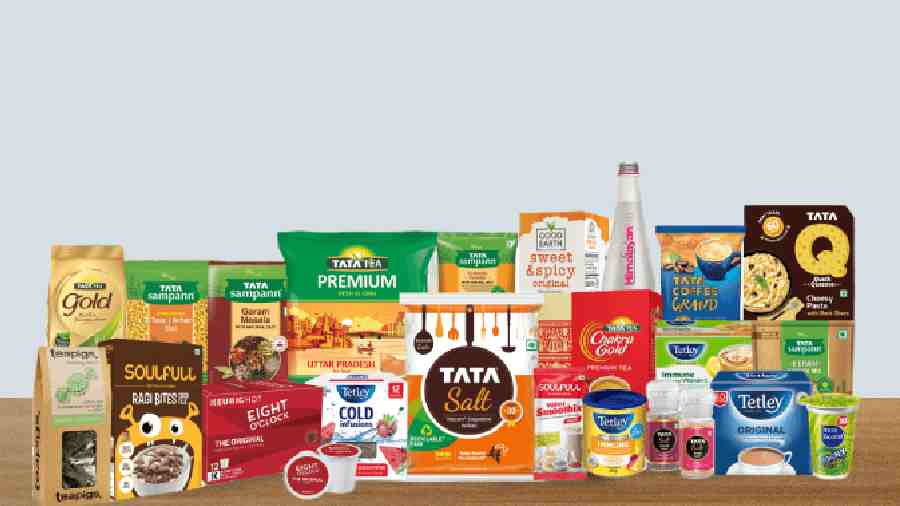Leading FMCG companies say they are keeping a close watch on prices of major commodities, which have fallen in case of some items like palm oil, but the decline has not been "secular and broad-based".
While prices of palm oil have eased and sugar is stable, FMCG firms pointed out that rates of some other major items including wheat are still firm and hence they would wait and watch before taking any call on reducing the price.
Softening of commodities prices will help the FMCG firms in improving their profit margins and also some elbow room to pass on the benefits to consumers by lowering the MRP (maximum retail price) of their products.
Nestlé India Chairman and Managing Director Suresh Narayanan said the company is watching the situation. However, he said softening in commodity prices is not secular and broad-based.
"We will watch the situation and evaluate our next step. The price decline in commodities is not secular and broad-based," Narayanan told PTI on the sidelines of an event here.
When asked about launches of new products this fiscal, he said: "There will be some new initiatives." Besides palm oil, in recent months there has been also a drop in the prices of edible oil. Recently some of the FMCG makers have slashed prices or increased grammage for soaps and some large packs of packaged food extending the benefit to consumers.
Last week, leading bakery maker Britannia Industries Vice-Chairman and Managing Director Varun Berry had said overall commodity prices are not softening right now but expressed hope that they should come in control going forward.
"The only commodity which is softening right now is palm oil. Wheat prices are on the rise. Sugar has been stable. On a balance, we are almost flattish to slight inflation. Hopefully, as we go forward, things should come under control," he said.
Berry also added whenever benefits come from the softening of commodity prices, it would be extended to the consumers.
Nuvama Group Executive Director, Institutional Equities, Abneesh Roy said softening of prices in some of the commodities would help the traditional FMCG companies to recover their volume growth.
"Promotion and grammage can increase which will drive recovery in volume growth gradually," said Roy.
Last month, Pidilite Industries Managing Director Bharat Puri has said the inflation is still high compared to the past, but it has come down to a "manageable level".
Data analytics firm NielsenIQ in its latest report on the FMCG industry had said it continued to witness a consumption slowdown in the September quarter, with rural markets registering a higher decline in volumes compared to the three months that ended June.
Also, consumers continued to prefer purchasing smaller packets amid companies hiking prices in response to broader inflationary pressures.
The FMCG industry witnessed an overall volume decline of 0.9 per cent in the September quarter in comparison to the preceding three months.
However, the report also added that FMCG manufacturers continued to bring new offerings as in the third quarter of 2022, the contribution of new launches was higher across key FMCG categories than year-ago levels.
Most of these new product offering is in terms of changes in pack size, which could be the result of manufacturers working with smaller grammages as raw material prices are still high.












